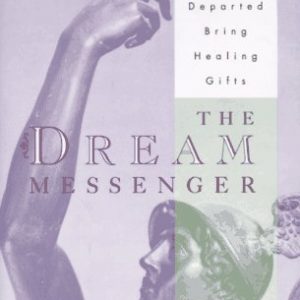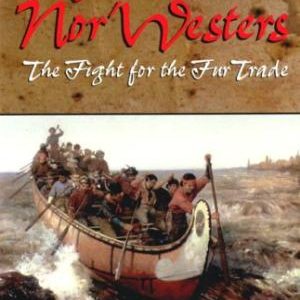Description
pp. vii, 324, “Reformers, artists, intellectuals, oddballs, kooks, seekers and lost souls have long left the West to search out psychic relief or enlightenment in exotic, chaotic India. In his witty, well-written book, Paine (former literary editor of the Wilson Quarterly) examines the influence of this East/West interaction on various 20th-century figures. E.M. Forster, conflicted over his homosexuality, was comforted by the muddle of the place and channeled his brilliant insights into A Passage to India; Yeats borrowed concepts of meditation and reincarnation, though he never actually traveled to India. Not all visitors there found instantaneous enlightenment. In 1938, Carl Jung went looking for a psychic renewal that would counter Europe’s destructiveness but got dysentery instead (“I could not digest India”). Christopher Isherwood, after staying in a Hindu ashram, reflected that his best experience in India had been reading Willa Cather. Contrary to the title, Paine’s capsule biographies often reveal more about Westerners and their influence than about India. For example, Annie Besant, Theosophist and Indian independence leader, never cast off the manner of a British memsahib. Viceroy George Curzon passionately worked to improve Indian institutions, before unwittingly becoming “the bastard father of Indian independence.” If Paine’s final section, tracing a philosophical line from Cesar Chavez and Martin Luther King Jr. through Gandhi and back to Thoreau and the Upanishads, is a little less convincing, what precedes it is a smart demonstration of the mix of expectation and experience that cross-fertilized many fascinating private lives. “






